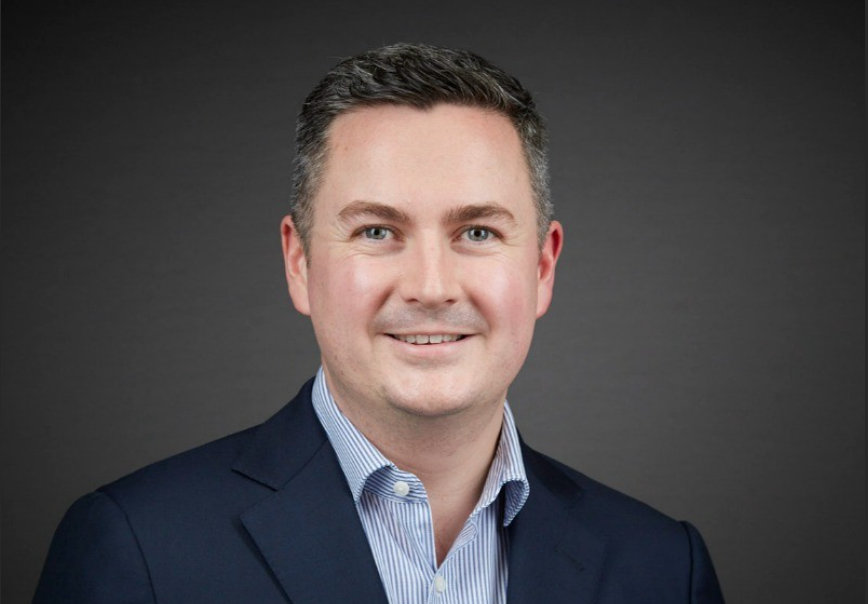Although ultra high net worth individuals (UHNWIs) can afford to self-fund their medical expenses, international private medical insurance (IPMI) should still be considered as a worthwhile investment, especially with the costs of some new treatments, according to Ross Walker chief commercial officer, global individual health, at Cigna Healthcare.
With the high cost of some new medical therapies, even UHNWIs could baulk at some medical expenses if they had to pay them.
Walker (pictured) noted that there were some new gene therapies that could cost in excess of US$1.2m.
He said: “Somebody with a US$30m net worth absolutely could afford to do that – but it’s quite a significant proportion of their wealth.”
Walker was speaking at the SIP Global Health Conference during a panel about examining the use of private medical insurance (PMI) for UHNWIs’ wealth, health, planning and structuring.
The debate topic was ‘This house believes that IPMI is not of value ultra-high net worth individuals (UHNWI)’.
The debate included Camille Marcepoll, account manager at SIP and James McGrigor managing director at McGrigor Group. Walker was arguing against the motion, while McGrigor was for and Marcepoll was in the middle.
Walker said: “So I think insurance has a role to play here. International insurers play an important role in enabling access to that sort of treatment.”
Three categories of wealth
McGrigor used statistics from Capgemini’s ‘World Wealth Report’ to show that high net worth individuals could be broken into three categories.
First is the millionaires next door, of which there are 20.5 million in the world, with a net worth of less than US$5m.
Next is the mid-tier millionaires, who have a net worth between US$5m and US$30m, of which there are about two million around the world.
UHNWIs are the wealthiest, with a fortune of more than US$30m, totalling about 220,000 people, McGrigor noted.
But that could be quite a conservative figure, as McGrigor added: “Other stats would say that top figure could be three times that if you look across the range of different sources.”
He noted that while North America was the main location for these UHNWIs, Asia had recently been taking second place from Europe.
Value of IPMI
McGrigor listed four reasons why UHNWIs may not want IPMI.
First: the cost. McGrigor noted that an exectuive with a package of US$15m could have to pay US$50,000 for an individual for IPMI .
He said: “That comes around annoyingly regularly on an every year basis so it adds up to a lot.”
But Walker noted that another point was the value that UHNWIs put in having someone help them with their health management, which came out in a study of Cigna Healthcare platinum customers.
“People really value having some kind of partner as it relates to the ongoing management of their health, particularly when things get tough,” he said.
At the end of the debate a vote was taken of the audience members. The end result was all audience members, bar one, agreed with Walker that PMI was of value to UHNWIs.
The one exception was an audience member who was on the fence about the issue.
